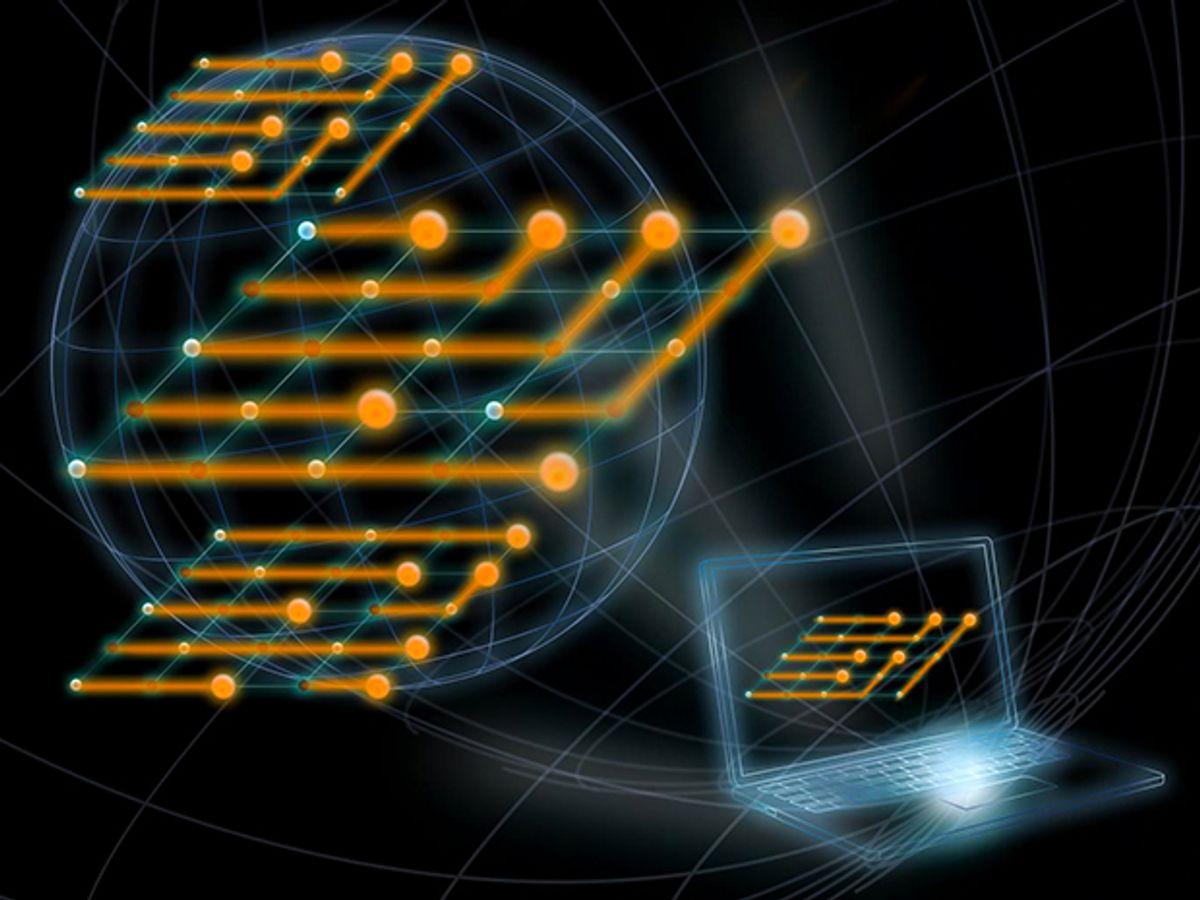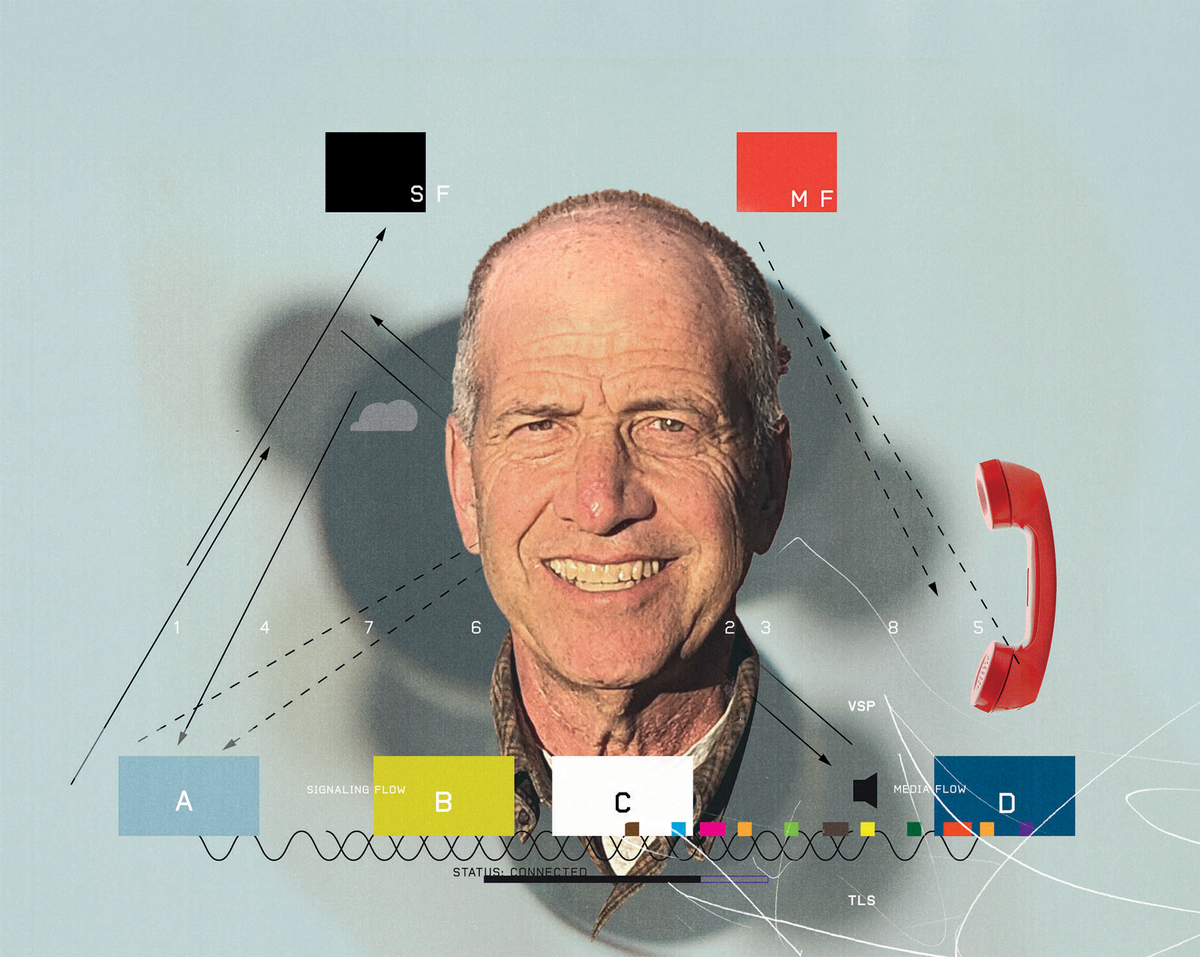You may not need a quantum computer of your own to securely use quantum computing in the future. For the first time, researchers have shown how even ordinary classical computer users could remotely access quantum computing resources online while keeping their quantum computations securely hidden from the quantum computer itself.
Tech giants such as Google and IBM are racing to build universal quantum computers that could someday analyze millions of possible solutions much faster than today’s most powerful classical supercomputers. Such companies have also begun offering online access to their early quantum processors as a glimpse of how anyone could tap the power of cloud-based quantum computing. Until recently, most researchers believed that there was no way for remote users to securely hide their quantum computations from prying eyes unless they too possessed quantum computers. That assumption is now being challenged by researchers in Singapore and Australia through a new paper published in the 11 July issue of the journal Physical Review X.
“Frankly, I think we are all quite surprised that this is possible,” says Joseph Fitzsimons, a theoretical physicist for the Centre for Quantum Technologies at the National University of Singapore and principal investigator on the study. “There had been a number of results showing that it was unlikely for a classical user to be able to hide [delegated quantum computations] perfectly, and I think many of us in the field had interpreted this as evidence that nothing useful could be hidden.”
The technique for helping classical computer users hide their quantum computations relies upon a particular approach known as measurement-based quantum computing. Quantum computing’s main promise relies upon leveraging quantum bits (qubits) of information that can exist as both 1s and 0s simultaneously—unlike classical computing bits that exist as either 1 or 0. That means qubits can simultaneously represent and process many more states of information than classical computing bits.
In measurement-based quantum computing, a quantum computer puts all its qubits into a particular state of quantum entanglement so that any changes to a single qubit affect all the qubits. Next, qubits are individually measured one by one in a certain order that specifies the program being run on the quantum computer. A remote user can provide step-by-step instructions for each qubit’s measurement that encode both the input data and the program being run. Crucially, each measurement depends on the outcome of previous measurements.
Fitzsimons and his colleagues figured out how to exploit this step-wise approach to quantum computing and achieve a new form of “blind quantum computation” security. They showed how remote users relying on classical computers can hide the meaning behind each step of the measurement sequence from the quantum computer performing the computation. That means the owner of the quantum computer cannot tell the role of each measurement step and which qubits were used for inputs, operations, or outputs.
The finding runs counter to previous assumptions that it was impossible to guarantee data privacy for users relying on ordinary classical computers to remotely access quantum computers. But Fitzsimons says that early feedback to the group’s work has been “very positive” because the proposed security mechanism—described as the “flow ambiguity effect”—is fairly straightforward. He explains:
There had been previous results showing that it was possible to perfectly hide computation if the user had some small quantum device that could prepare or measure quantum states. However previously no progress had been made in the case of a user without any such quantum capabilities, unless they had access to multiple quantum computers which were guaranteed not to communicate. We introduce a method that allows for a completely classical user to hide computations from a quantum computer, just as you might want if accessing a device over the Internet.
This first significant step toward secure cloud quantum computing for all comes as part of broader effort focused on blind quantum computation spanning more than 10 years for Fitzsimons. The research team’s work was both directly and indirectly supported through funding from the U.S. Air Force Office of Scientific Research, the Australian Research Council,
the U.S. Defense Advanced Research Projects Agency (DARPA), and the
Singapore National Research Foundation.
Several important questions remain before this new approach to blind quantum computation can be put to work. From a theoretical standpoint, the latest research has only shown that a quantum computer without any prior information about the quantum computation will not have “any reasonable probability of success” in identifying the steps behind that computation. That does not entirely rule out the chance of the quantum computer being able to piece together such computations if it has a large amount of information about the computation being performed. Fitzsimons and his colleagues hope to examine this in their upcoming work.
Another intriguing question involves seeing whether this method can help classical computer users verify the accuracy of quantum computations performed remotely on a quantum computer. This could mean embedding “hidden test computations” within the main quantum computation to help detect “any deviation by a malicious or faulty quantum computer,” Fitzsimons says. If this works, companies such as Google and IBM could eventually offer cloud quantum computing with the assurance of both data privacy and accuracy.
“With a number of companies offering access to prototype quantum processors over the Internet,” Fitzsimons says, “It was a natural question to ask whether it might be possible for a user to hide computation, even before quantum communication becomes possible.”
Jeremy Hsu has been working as a science and technology journalist in New York City since 2008. He has written on subjects as diverse as supercomputing and wearable electronics for IEEE Spectrum. When he’s not trying to wrap his head around the latest quantum computing news for Spectrum, he also contributes to a variety of publications such as Scientific American, Discover, Popular Science, and others. He is a graduate of New York University’s Science, Health & Environmental Reporting Program.



